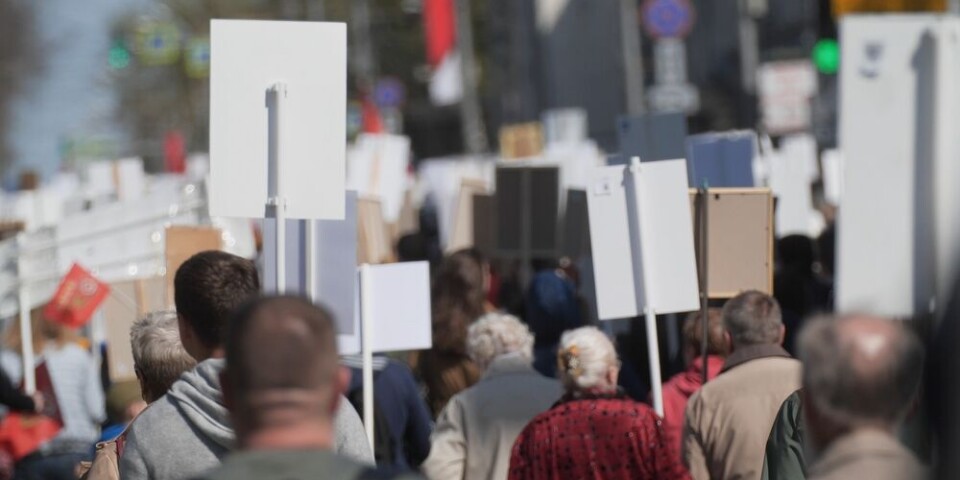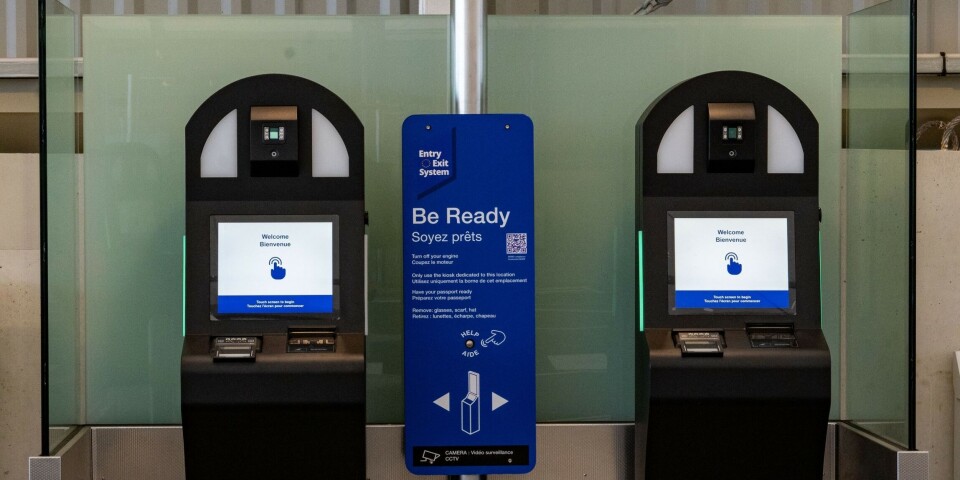-
Death charges claimed by French banks to be restricted
New law passed by the Senate in early summer
-
Electric bike popularity in France opens way for new insurance deals
Number in country rockets as theft policies evolve
-
What is France’s ‘intime conviction’ legal concept used to reach verdict in Cédric Jubillar trial?
Unique approach to murder trial without a body that transfixed France
Fallen gendarme to receive ‘hommage national’ funeral
A public state funeral and memorial service for Arnaud Beltrame, the lieutenant-colonel gendarme who died in the terrorist siege in Aude last week, is to take place at Les Invalides in Paris this Wednesday March 28.

The service will be an “hommage national” - a ceremony that can only be permitted by the President, and is usually reserved for military figures deemed to have offered exceptional service to the nation.
The ceremony for Mr Beltrame, who died aged 44, will begin at 11h30, in the presence of the gendarme’s family, and the families of the victims of the March 23 attack. It will be open to the public.
Four people died and 16 were injured when Islamist Radouane Lakdim - who had French nationality - stole a car, fired shots and took shoppers hostage in a supermarket in Trèbes near Carcassonne.
Mr Beltrame died from his injuries after taking the place of a previous hostage. He notably kept his phone line open deliberately, to allow police to monitor the situation from outside.
Lakdim was later shot dead by armed forces.
President Emmanuel Macron joined in the national tributes to Mr Beltrame. He said he had “given his life to protect citizens” and had “fallen a hero”, hence the decision to hold an hommage national.
This kind of memorial ceremony was previously only open to military personnel deemed to have “died in the service of France” while on a national mission, but in recent years it has also been given to figures including politician and campaigner Simone Veil, and writer Jean d’Ormesson.
According to protocol, such a ceremony is usually held at Les Invalides in Paris.
It is opened and closed by the national anthem, La Marseillaise; and includes military honours, the ceremonial inspection of troops by the President, the presentation of the tricolore national flag, speeches by family and friends, and a funeral elegy given by the President.
The Elysée can also decide if the hommage will be accompanied by tributes such as setting flags and standards to half-mast (which was done in the case of Mr Beltrame), a minute of silence across the country, giving businesses a day off, or even imposing a period of national mourning.
The latter will not be imposed for Mr Beltrame, but was most recently seen following the 2016 attacks in Nice. It has been invoked seven times under the 20th Republic.
Mr Beltrame is not the first law enforcement officer to be recognised with an hommage national, however; in 2017, policeman Xavier Jugelé was also given the honour after being killed on the Champs-Elysee in April that year.
The hommage national exists in contrast to the “hommage populaire”, a less-reserved form of state funeral, which does not include any military associations or definite military protocol.
It is often used to honour public figures in a more populist way, and was recently seen in the case of the late singer, Johnny Hallyday.
Stay informed:
Sign up to our free weekly e-newsletter
Subscribe to access all our online articles and receive our printed monthly newspaper The Connexion at your home. News analysis, features and practical help for English-speakers in France
























